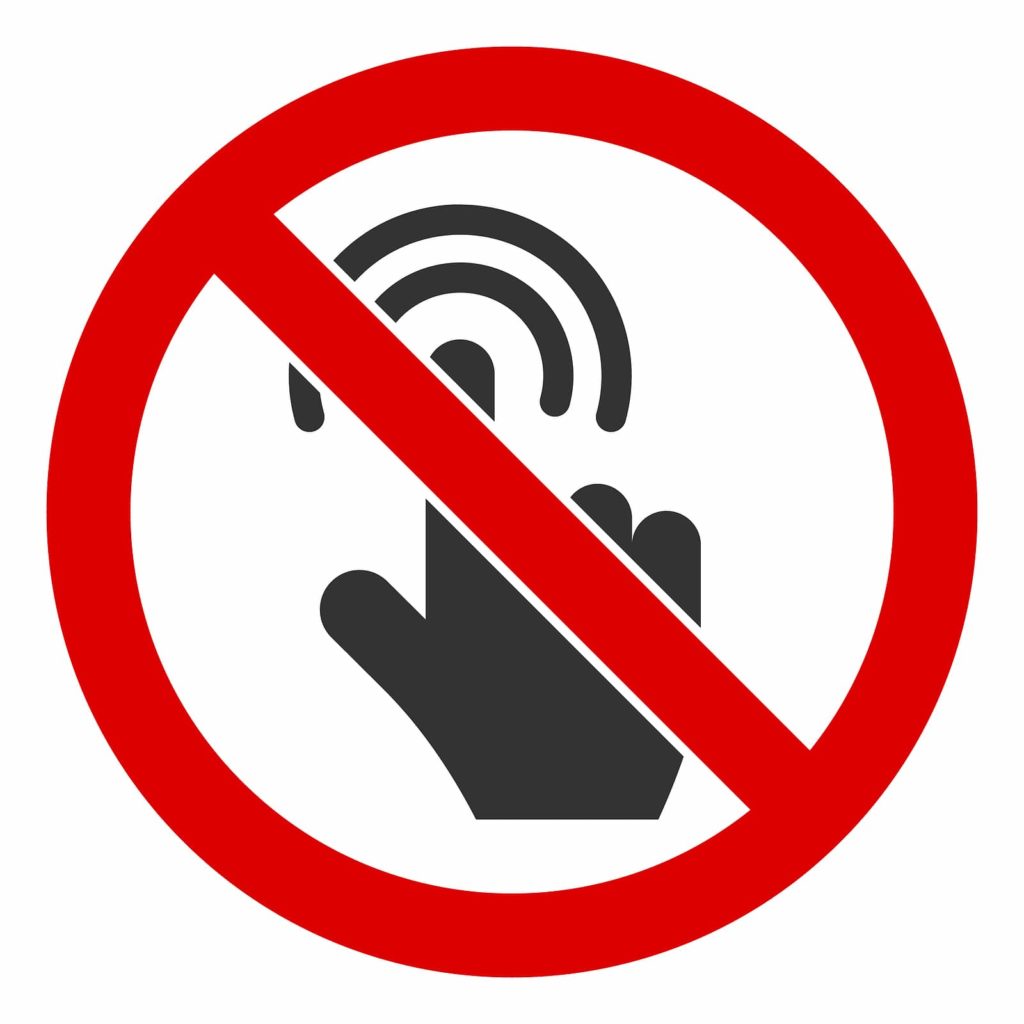Slot games form the bulk of casinos, both online and physical. They form about 70% of the total online casino games. Slots are the cash cow of casinos as most British players play them a lot. In 2019, Britons spent £2.2 billion on online slot games. In many states in the United States, casinos make between 65% and 80% of their revenue from slots.
The UKGC has been working on making sure the gambling environment is safe for both casino operators and players. They have been enacting new rules to ensure this happens and also creating new bodies. One of such bodies is the Betting and Gaming Council (BGC), whose contribution is evident in these restrictions.

Why Slots?
As mentioned earlier, slots are a major source of revenue in the casino industry. There has been an increase in online gambling total revenue, from £2.36 billion in 2016 to £3.18 billion in 2020. 70% of this increase is attributed to slot games. Data from the UKGC shows that each slot player spends an average of £67 ($91) monthly on slot games. Meanwhile, a monthly average of £36 ($36) is spent on casino products and £45 ($61) for live betting.
Compared to other games, slot games have a higher addiction rate. In a survey carried out by the NHS in 2018, less than 4% of those who bet online are addicts, and 5.7% of those who bet in physical casinos are addicts. For those who bet on online slots, casino, and bingo games, 8.5% are addicts. Also, the UKGC mentioned that slot games of all online gaming products have the highest average losses per player.

Restrictions
With the restrictions given by the UKGC, online casinos will have to do a complete overhaul on the slot machines to meet the UKGC’s requirements. The UKGC told online casinos to reduce the intensity of the slot machines and bettors’ misleading features to make gambling safer for players. According to the Commission’s statement, the rules are to strengthen the protections and controls for those who gamble through online slots games.
Casino operators have been ordered to slow down the time in between spins to at least 2.5 seconds. They are also required to remove the Autoplay option, allowing players to leave the game spinning for a specific number of spins. According to UKGC, these functions allow players to lose track of how much money they spend on the slot game.
Also, slot machines are expected to stop playing positive sounds when a player loses money. Positive sounds after a loss cause a phenomenon referred to as “losses disguised as wins” causing players to think that their loss is positive. This phenomenon thereby encourages them to put more money into the game.
Another rule concerns the slot features that give players the “ illusion of control” over slot games because, in actuality, players are playing against the random number generator. They also introduced a ban on “reverse withdrawals”, where players try to collect their winnings and then change their minds and put the wins back into their betting account. This control appears to all forms of online gambling not only online slot games.
Neil Arthur, chief executive of the Gambling Commission, said, “Evidence shows that reverse withdrawal functions present a risk to players because of the temptation to continue gambling. Operators are also required to show players total losses and wins and total time spent at an online slot session.

Also, the UKGC, in support of these restrictions, said, “Also, the slot features being removed or more closely controlled have been associated with increased intensity of play, loss of player control or binge play”. All these control measures will take effect on the 31st of October.
Response to the restrictions
Sports, Tourism, and Heritage Minister, Nigel Huddleston, said: “Today’s steps will help curb the intensity of online gambling, introducing greater protections that will reduce the risk of gambling-related harm. I welcome the Gambling Commission’s tough measures as we continue our comprehensive review of gambling laws to make sure they’re fit for the digital age”. The chief executive of the Betting and Gaming Council (BGC), Michael Dugher, said they are determined to drive change and promote safer gambling.
He also said, “That’s why we welcome the Gambling Commission’s announcement, which builds on the BGC’s new code of conduct from last September for the design of online games in a bid to improve player safety further. BGC members have already introduced measures, including the slowing down of spin speeds and banning several gaming features, which have caused concern. Among the major commitments we have already introduced, are minimum game cycle speeds of 2.5 seconds, the ending of turbo play, which allows players to speed up games, and the scrapping of multi-slot play, where a player can place multiple stakes on different games at the same time.”
Effects of Restrictions
The recent restrictions have not affected the gambling stocks’ value since the announcement of the new restrictions. This means that investors do not think the new restrictions will have any effect on the revenue generated.
UKGC Restructuring
With the on-going restructuring in the United Kingdom Gambling Commission, new rules and regulations are enacted to accommodate the online gambling industry’s growth. Recently, the UKGC has been accused of lacking the capacity to handle the rapid growth of the online gambling industry. Many are suggesting that the UKGC is funded poorly to control a $15 billion industry.
However, the UKGC has been showing that it is up to the task despite these claims. It has been releasing new regulations to ensure that both the casinos and players are well catered for. In 2019, the UKGC enforced a £2 betting limit on fixed-odds betting terminals. It added new verification rules to protect minors and vulnerable people from gambling and prevent fraud and money laundering in the same year.
In 2020, they banned the use of credit cards to place bets to reduce the rate of problem gambling. Other new regulations include the ban on under 18s from playing the National Lottery, which will also take effect from October 2021. These new regulations are aimed at controlling the addictive nature of casino games giving players the chance to make clear-headed gambling decisions.
Conclusion
The new restrictions from the United Kingdom Gambling Commission clearly demonstrate its commitment to responsible gaming and customer protection. The measures are well thought out and will improve fairness in online casino gaming. Judging by the market’s response to these new restrictions, they aren’t likely to have any adverse effects on the industry’s profitability.






















